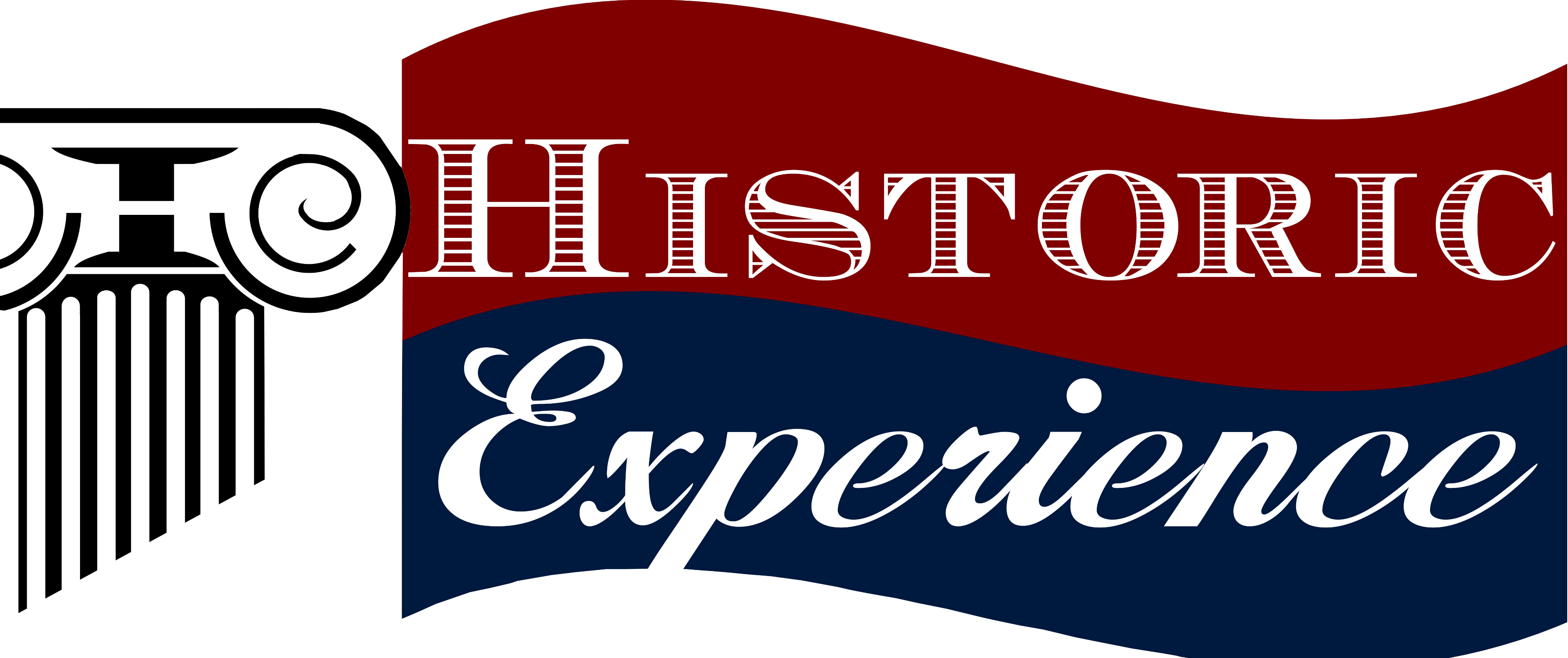June 28 - The Declaration Awaits
June 28:
The Declaration Awaits
Imagine submitting your most important work – one that you would ultimately be known for – and having to wait for days for a reaction.
Independence is known by one primary date – July 4th – the day that Congress officially approved the Declaration. Of course, Adams predicted that America would take up the Second Day of July, which is the day that Congress officially voted for the Virginia Resolves, brought forward by Richard Henry Lee for the purpose of making it official that “these United Colonies are, and of right ought to be, Free and Independent States.”
The Fourth of July is the day that a Congressional Declaration was approved. Yes, it was an announcement to the people of America and the world as to why we were choosing independence. But how often does this country celebrate a pronouncement from Congress? Spoiler: not often.
But the Declaration, much like Independence itself, had a much longer genesis than one day.
As the Congress was about to recess, so delegates could suss out their respective colony’s opinions on independence, “the committee, to prepare the declaration” was approved on June 11, and decided to “consist of five members.” Adams, Franklin, Jefferson, Sherman, and Livingston were chosen. And as Adams recollected, the rest of the committee put it to Jefferson and himself to write the draft. And neither thought that they should do it.

John Adams
to Timothy Pickering,
6 August 1822
The Committee met, discussed the subject, and then appointed Mr: Jefferson & me to make the draught; I suppose, because we were the two highest on the list. The Sub-Committee met; Jefferson proposed to me to make the draught. I said I will not; You shall do it. Oh No! Why will you not? You ought to do it. I will not. Why? Reasons enough. What can be your reasons? Reason 1st. You are a Virginian, and Virginia ought to appear at the head of this business. Reason 2d. I am obnoxious, suspected and unpopular; You are very much otherwise. Reason 3d: You can write ten times better than I can. “Well,” said Jefferson, “if you are decided I will do as well as I can.”
Adams knew his loud, resounding voice for Independence would make his words all the more picked over and possibly rejected outright. Plus, the more pieces of this puzzle that came from Virginia, the better. No need to let the only voices for Independence be New Englanders. And Jefferson had a writing prowess that Adams felt he lacked. It just made good sense.
Jefferson was left to write and rewrite for two weeks, then presented his efforts to the other committee members. Adams made no more than minor syntax corrections; Franklin suggested some brevity. And it was done.
And today, June 28, the committee came to the floor of Congress with their draft. And it was read that day to all who were back from their own independence research. But then – it was ordered to “lie on the table.”
In some instances, that was a death sentence.
Sometimes, leaving things to lie on the table meant that they would not be discussed – possibly ever again. Some pieces of legislation were left on the table to rot.
But not in this case.
It was the end of the day when the declaration was read. Besides, a declaration of Independence couldn’t really be discussed when Independence itself hadn’t been officially determined.
They would debate on Monday, July the 1st, and vote on the 2nd.
For now, Adams, Jefferson, and the not-yet-nation, would have to wait.
